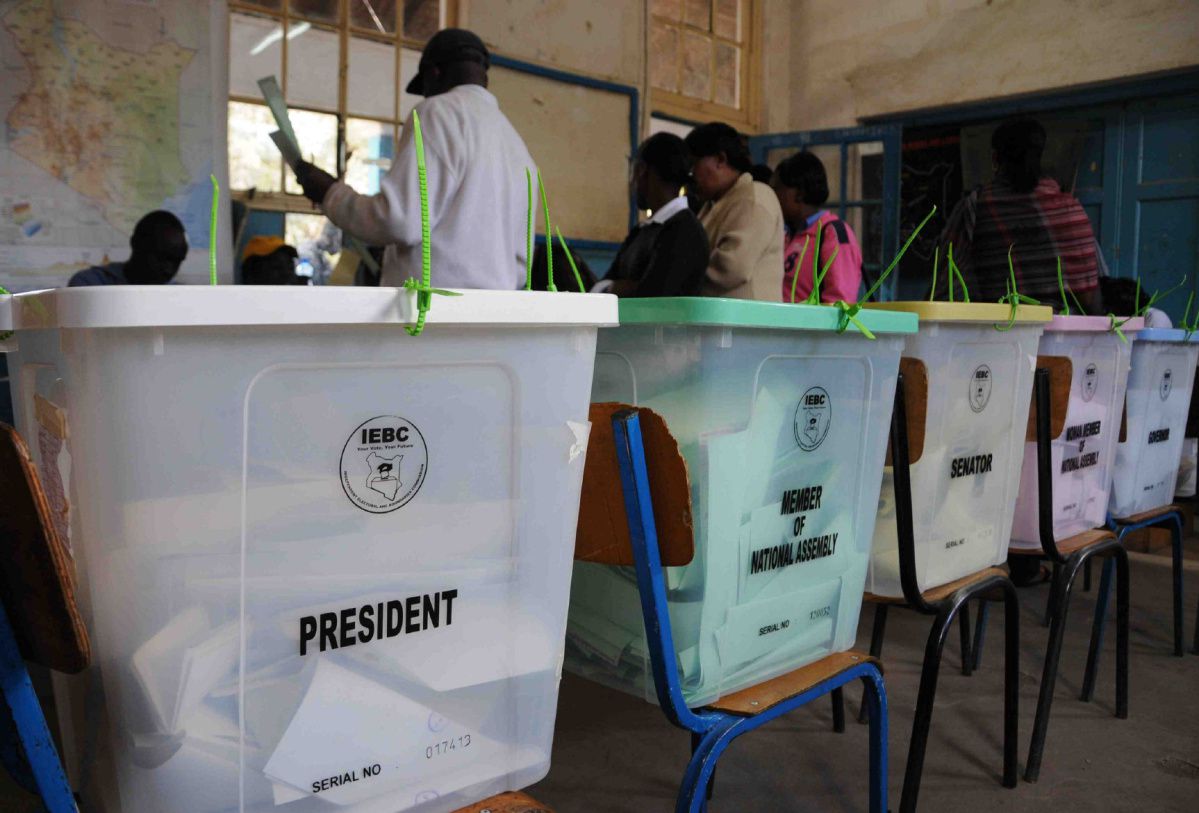
By Karanja Jackson
The media carries immense power to influence what people talk about, think about, argue, or discuss. In today’s politics and society at large, media is essential to safeguarding the transparency of a democratic process. The debate on the role of the media in an electoral context is tied to its watchdog functions. As the watchdog, the media offers independent scrutiny on the achievements and pitfalls of political candidates, governments and institutions tasked with managing elections in the country.
In different conflicts seen in Africa, the media, in view of the roles it plays in a society, automatically becomes a key player in either fueling the conflicts or resolving them. In Rwanda, for instance, the Rwandese Radio-Television, Libre des Milles Collines (RTLM) played a huge role in propagating messages of hate and encouraging the Hutu population to exterminate the Tutsi by labelling them ‘cockroaches’ that needed to be eliminated. This led to one of the biggest genocides witnessed, with over 800,000 killed and millions displaced from the landlocked country.
Understanding the role that the media will play ahead of the elections in August 2022, the Media Council of Kenya has outlined a myriad of efforts to ensure that the media remains professional, accountable, and credible before, during, and after the elections. Training on the Guidelines on Election Coverage developed in 2021 is key in helping journalists and media practitioners provide comprehensive, accurate, impartial, and fair election coverage, enabling the electorate to make informed choices. This applies to all media enterprises, whether private, community or State-owned, as well as authorities involved in the electoral process, as managers or regulators, who have voluntarily adopted them.
Engagement with key stakeholders such as the security agencies, political parties, IEBC, members of the clergy and the publics will also help in developing and fostering an amicable working relationship to ensure that the media works freely without intimidation, harassment, and interference.
MCK Regional Coordinator Karanja Jackson met political parties and aspirants, leaders, and security agents in Bomet for a multi-sectoral engagement hosted by the Office of Registrar of Political Parties, where he underscored the critical role of media in promoting free, fair and credible polls.
Karanja Jackson is the Media Council of Kenya’s Nakuru Regional Coordinator.